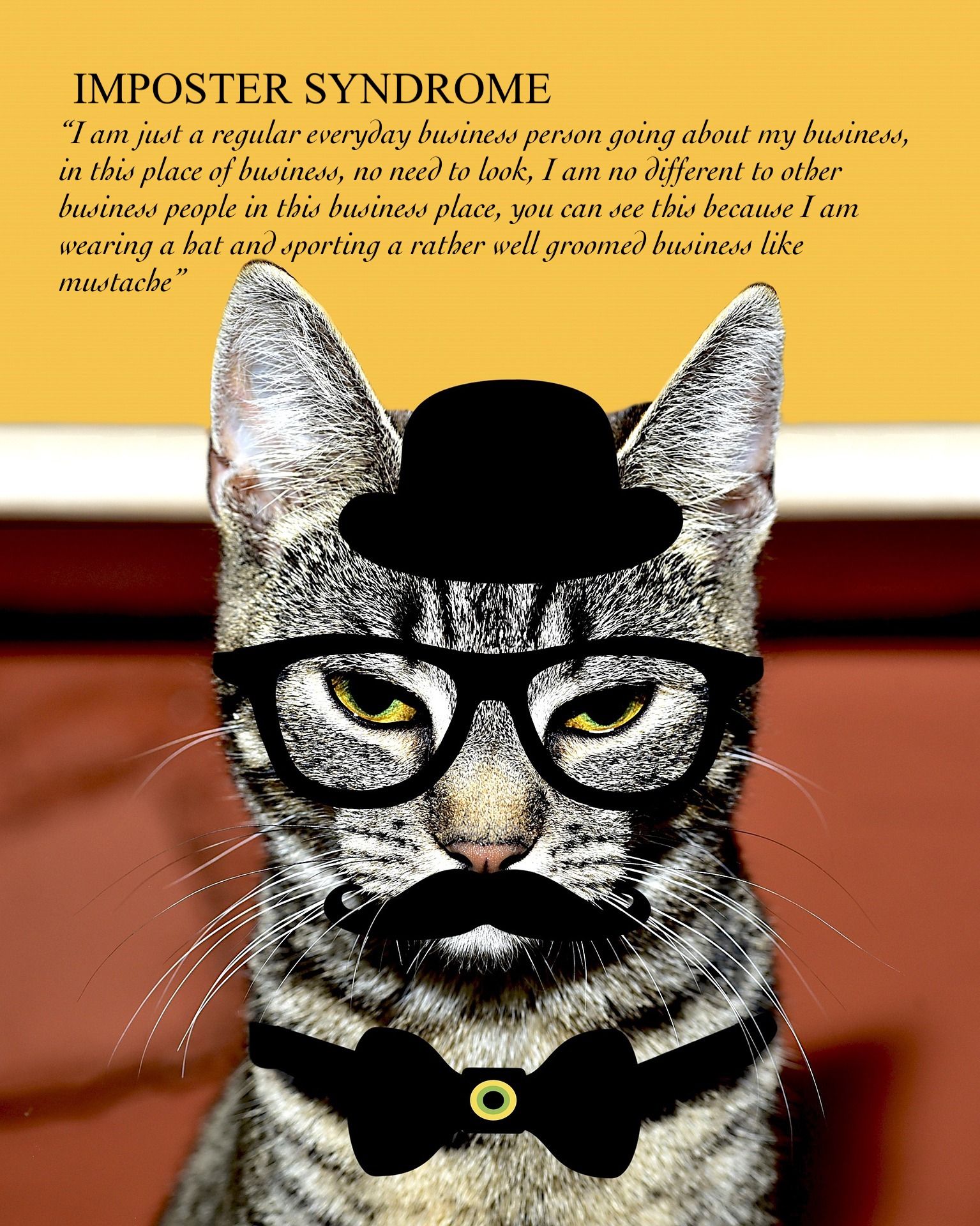Imposter Syndrome - it's a good thing (opinion post)
This article was written on the 22nd June for the FASTER social site, to get access and request articles then please sign up for a membership and follow me, John Hardy.
The trainers that I have worked with who have suffered most with imposter syndrome, seem to have four different ways of tackling it, they either,
- Allow it to consume them and leave the industry
- Look for a guru to tell them exactly what to do in absolutes
- Ignore it and just do what they 'feel is intuitive, because it's common sense'
- Tackle it head-on, find a process and accept that the feeling of imposter syndrome is probably defined too broadly!
By definition, imposter syndrome is a feeling, so a reaction to an emotion where I am defining emotion as the physical and physiological changes in your body significant enough to make you label them.
The process to get the feeling of Imposter Syndrome will be a trigger, an emotional reaction significant enough to need definition and your brain defining this emotion. A feeling is a whole-body process (don't believe the pain is in the brain crowd, or the pain is from the brain crowd either).
It means to handle Imposter Syndrome, you need to be able to stop the trigger, make the trigger insignificant or change your definition of the emotion.
My preference would be that you change your definition of imposter syndrome, and make it more specific, so take a moment and define exactly what you are feeling. This may mean making up some words, such as -
* Liftposter - teaching weights in front of members who lift more
* Cardiposter - training a client to do a cardiovascular event you could never achieve
* Newposter - feeling like you have not been writing programmes long enough for them to be good enough
* Guessposter - feeling like everything you do with your client is a guess, and you are not sure if it will work
* Costposter - I charge too much and I am not worth the money
If you can get granular in your definition of the reasons you feel this way, then you can tackle them, in the interpretation stage, rather than ignore the feeling or push them off to 'your guru said'.
The underpinning way of achieving a change in your perception of the emotion is to have a system in place to take away the significance of the feeling. As part of building FASTER, I have found that the trainers who are successful value what they know, what they can find out and how unique that is in an industry that runs to a Guru (*see my upcoming post on your guru is not a guru, coming soon).
A FASTER student should apply the following imposter syndrome system -
1 - Identify the feeling specifically
2 - Determine what aspect of the situation or training bothers them enough to think that they are not good enough
3 - Apply the process to prove that their delivery is correct
(Define the client's requirements, agree on them, measure them, define the possible hurdles, read the research, consult with your group, build the short term and long term requirements of the programme, implement it, be flexible to change realising you can get most of the programmes wrong but you will be saved by the volume of work completed over time).
4 - Know that the process you follow is so robust, that you should be worried about trainers who do not have the knowledge, community, or who are too lazy to do the work, should be feeling like the imposter, not you.
Having the system and support (ask on here, we will help and answer) on hand should help you realise that the feeling of Imposter Syndrome, could now be re-evaluated as a positive nervousness and excitement for your job and delivering the best sessions.
Maybe Imposter Syndrome is the good kind of pre-show stage nerves, and you are lucky to feel it?
